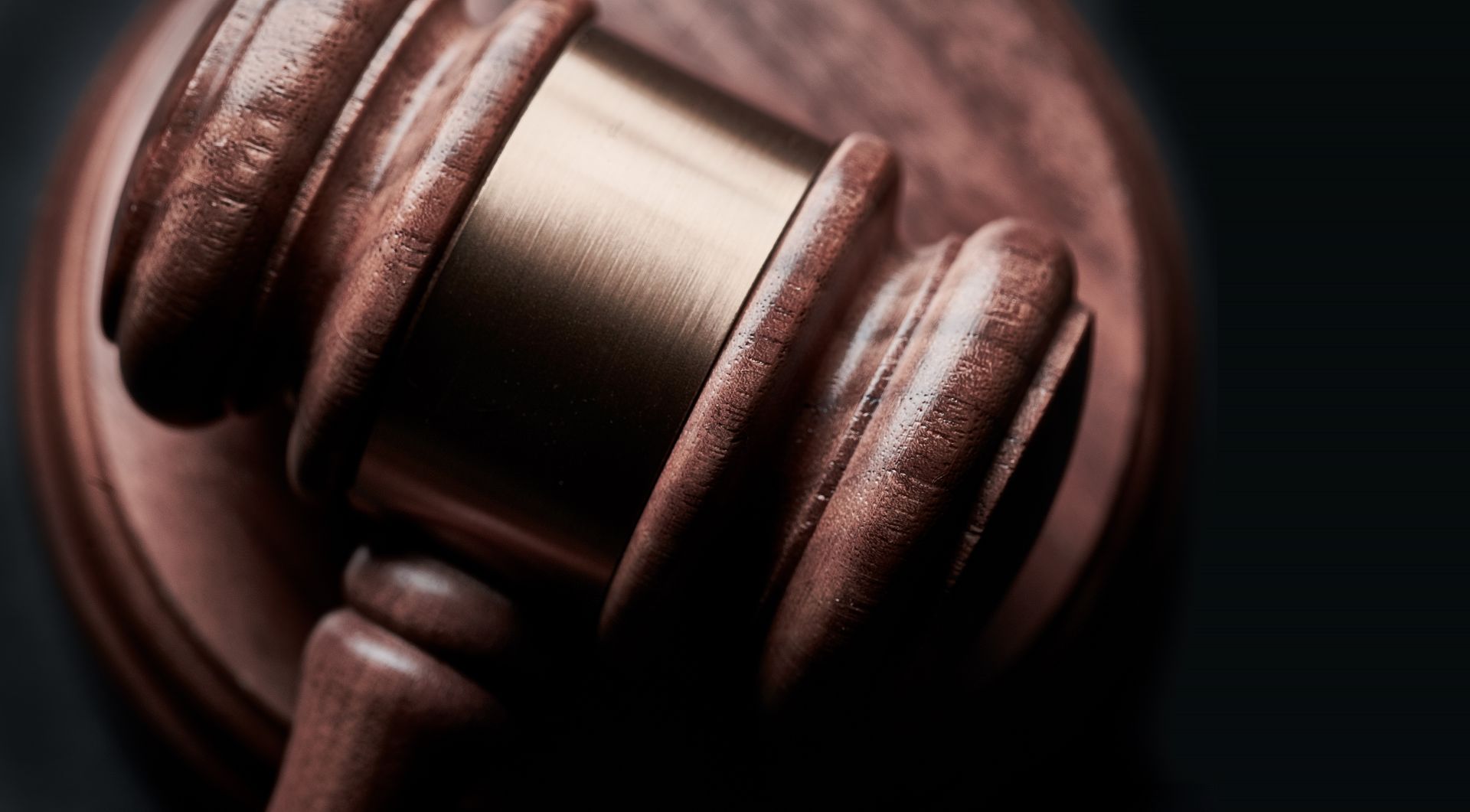Media Releases
Jurors easily led astray

A James Cook University study has shown jurors can potentially be swayed by small amounts of misinformation presented during trials.
Dr Craig Thorley, a Senior Lecturer in Psychology at JCU, said the study involved 124 volunteer jurors watching a video of a murder trial.
“They then read a transcript of other ‘jurors’ deliberating the evidence. Some transcripts contained small mistakes that portrayed the defendant in a bad light. For instance, one ‘juror’ mistakenly recalled a witness saying the defendant was known to have a bad temper,” Dr Thorley said.
After the trial, the volunteer jurors reached a verdict and were asked whether the misinformation appeared in the trial itself or just in the deliberation transcript.
“When our jurors were exposed to the misinformation, they misremembered it as appearing during the trial. Those who attributed the most misinformation to the trial were most likely to reach a guilty verdict,” Dr Thorley said.
He said the study provides initial evidence that mistakes by jurors during deliberation may distort other jurors’ recollection of the trial and bias their verdicts.
“Jurors swear to base their verdicts solely on the evidence presented at trial. Their recall of a trial during deliberation can, however, be inaccurate, exposing other jurors to misinformation about the trial.
“The consequences of this were, however, unknown. My study suggests these mistakes may bias memory of the evidence and/or verdicts in the prosecution’s favour,” he said.
Dr Thorley saidan important next step is to try and replicate these findings with live juror deliberations.
“As misinformation can distort people’s memory of all kinds of information, and then influence their later decision making, we would likely see similar results.
“The real challenge, however, is finding ways of stopping this happening. These are issues we plan to examine here at JCU.”
The research was published in Legal and Criminological Psychology:
Thorley, C., Beaton, L., Deguara, P., Jerome, B., Khan, D; & Schopp, K. (2020). Misinformation encountered during a simulated jury deliberation can distort jurors’ memory of a trial and bias their verdicts. Legal and Criminological Psychology. https://bit.ly/2WG84ug
Dr Craig Thorley
T: 07 4781 6354
E: craig.thorley@jcu.edu.au
W: www.craigthorley.com